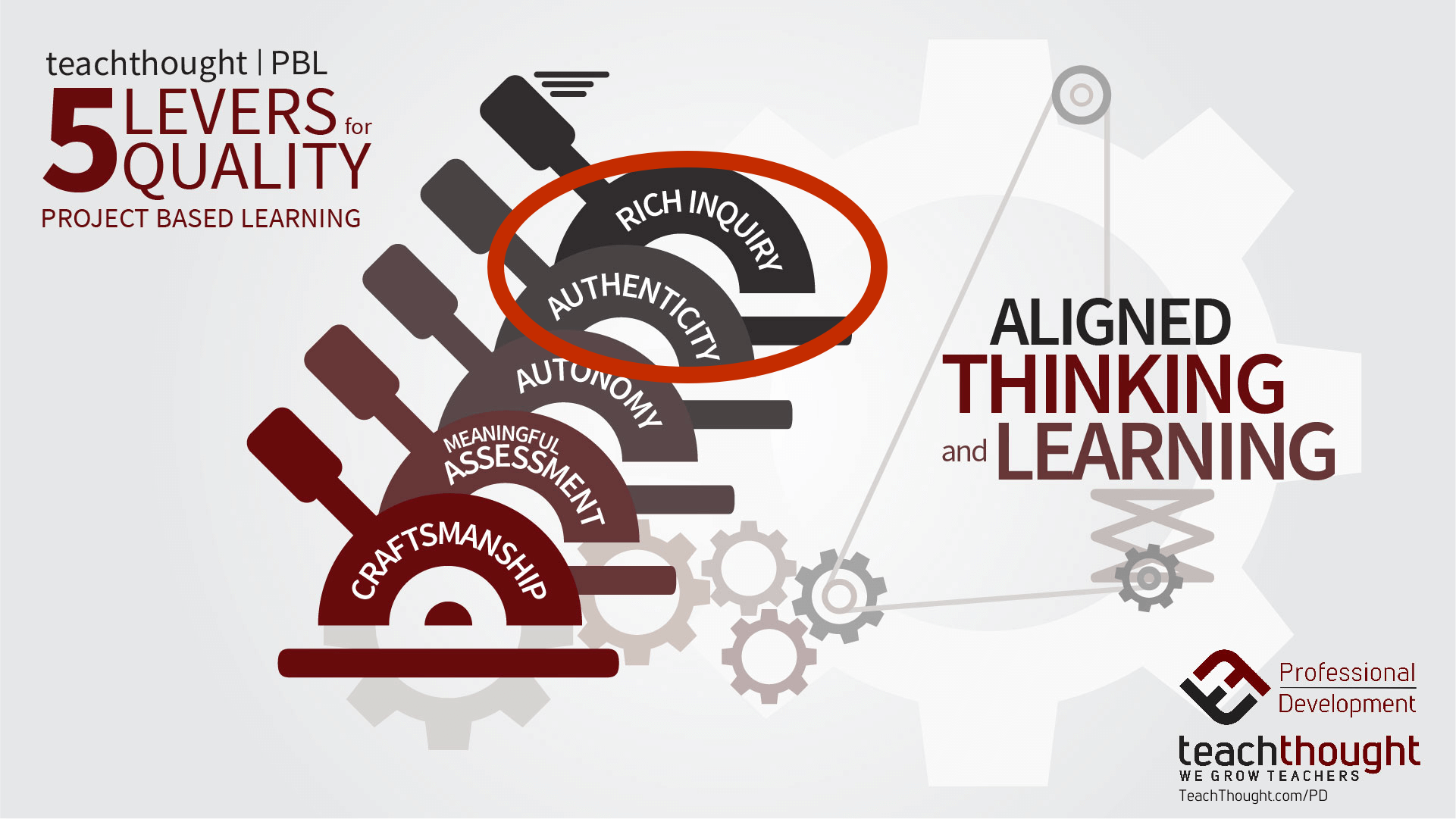The Enduring Residue of Project-Based Learning
Project-Based Learning leaves something behind long after the projects end.
In schools that practice it consistently, the most durable result isn’t a showcase of student products but a gradual, measurable shift in how teachers and students think about learning. That shift—the enduring residue of PBL—shows up in habits, expectations, and language that reshape daily instruction.
1. Teachers Plan Backward From Purpose
In classrooms influenced by PBL, planning starts with purpose, not pacing guides. Teachers tend to ask, What’s worth learning, and how will students show understanding? before outlining lessons or resources. The goal becomes clarity of outcome and evidence rather than coverage of content. This residue persists even when a teacher isn’t running a formal project: lessons still reflect a designer’s mindset, where assessment, audience, and product are considered from the start.
2. Students Expect Work To Matter
After sustained PBL experience, students develop a different relationship with their work. They expect it to have an audience beyond the classroom and a reason beyond earning points. They ask who will see this and why it matters, because they’ve learned that work is more satisfying when it’s shared or useful. That expectation doesn’t disappear when the project ends; it influences how they approach essays, labs, and discussions in every subject.
3. Questions Replace Directions
A visible residue of PBL is a language shift. Teachers use more open-ended prompts, and students learn to pose questions of their own. “What should we do next?” becomes “What do we need to find out?” Inquiry becomes a normal step, not a novelty. Over time, this habit of questioning raises the cognitive demand of even routine lessons. Students learn that understanding begins with curiosity, not compliance.
4. Assessment Becomes Dialogue
In PBL classrooms, feedback is continuous and specific—drafts, critiques, and revisions are built into the process. That pattern tends to carry over into other kinds of work. Teachers who once viewed assessment as a checkpoint begin to treat it as a conversation. Students expect to revisit their work and use feedback to improve it. The residue is a culture of iteration and reflection that strengthens learning beyond any single project.
5. Collaboration Feels Normal, Not Forced
PBL’s collaborative routines—roles, norms, peer review, group accountability—often outlast the projects themselves. Students who’ve experienced effective collaboration learn to negotiate responsibility and manage disagreement. Teachers who’ve seen those gains design more cooperative structures in non-PBL lessons. Collaboration becomes part of the classroom grammar, not a special event.
What Remains
When a school sustains project-based learning, even imperfectly, traces of its methods remain visible: lessons framed around driving questions, assessments tied to evidence of understanding, and students who expect purpose in their work. These elements are not temporary strategies but long-term residues—habits that outlive the project calendar and quietly elevate the everyday quality of teaching and learning.
